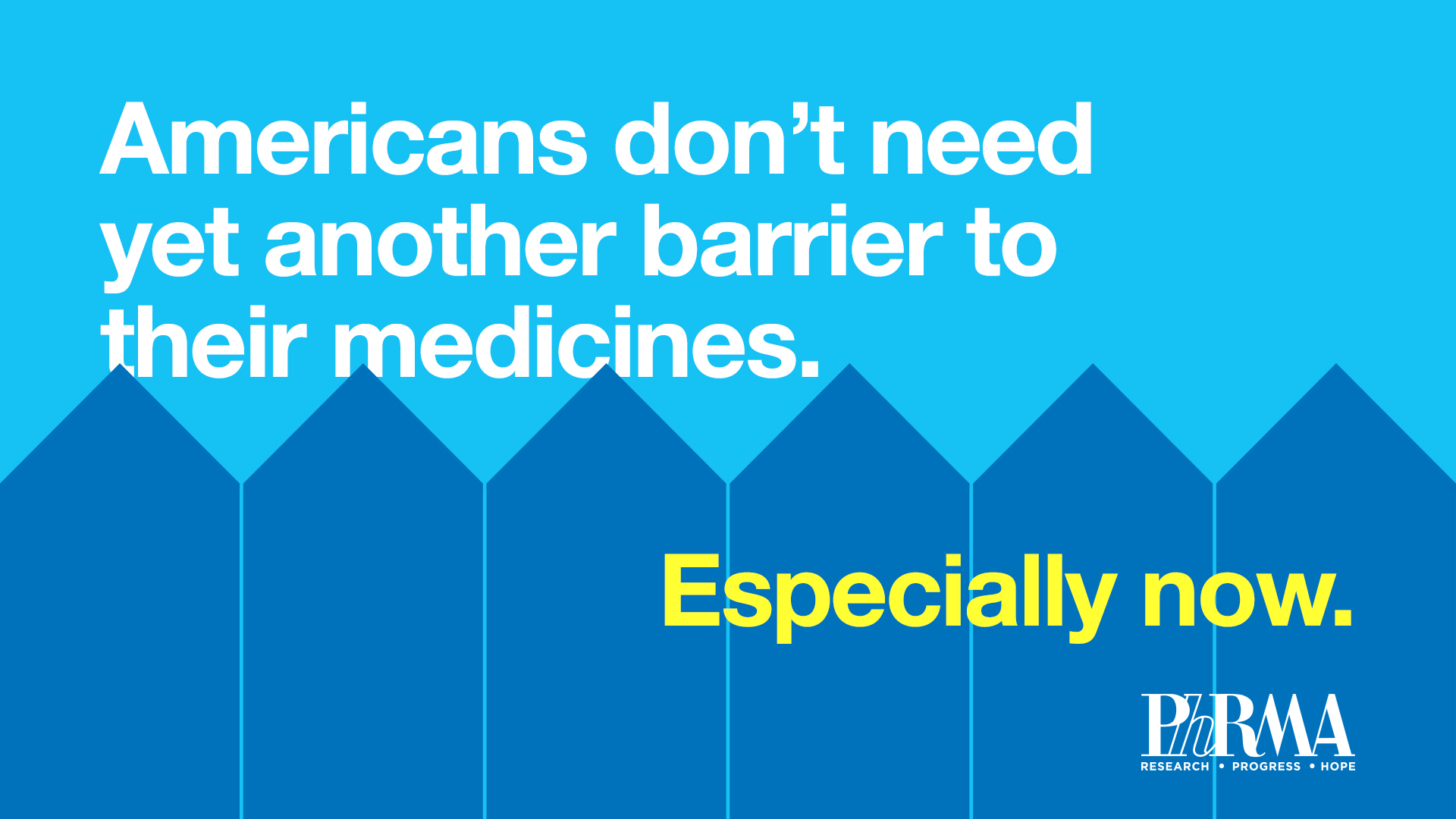1 big thing: Nursing home employment is way down | Monday, May 10, 2021
| | | | | | | Presented By PhRMA | | | | Vitals | | By Caitlin Owens ·May 10, 2021 | | Good morning. Today's word count is 775, or a breezy 3-minute read. | | | | | | 1 big thing: Nursing home employment is way down |  | | | Illustration: Annelise Capossela/Axios | | | | Health care employment in the U.S. remained sluggish last month with a drop of about 19,500 nursing and residential care facility jobs, according to the latest labor report. Why it matters: It's the latest sign of the lingering economic hardship the COVID-19 pandemic wreaked on health care and, in particular, on the nursing home industry, Axios' Tina Reed reports. It looks like there's a long road ahead for health care with employment in the industry still down by 542,000 jobs since February 2020. There was a net drop of about 4,100 jobs between March and April 2021. Hospitals also reported drops in employment, posting a job loss of 5,800 jobs between March and April. Yes, but: About 21,000 new ambulatory care jobs were added in April. That included 11,300 jobs added in physician's offices. |     | | | | | | 2. Price gouging on COVID tests | | More than a year after Congress required insurers to pay the full amount charged by out-of-network providers for COVID tests, the procedure has become extremely lucrative for some hospitals and other providers, KHN reports. Why it matters: Even if patients don't have to directly pay for overpriced diagnostic tests, it adds onto the overall cost of care — which leads to higher insurance premiums. State of play: Prices can vary from $20 to $1,419 for a single test, a recent KFF survey of the two largest hospitals in each state found. Federal law requires insurers to reimburse out-of-network providers the cash price of the tests posted on their website. - Medicare reimburses providers between $36 and $143 per test.
- Some free-standing emergency rooms are charging more than $1,000 per test, KHN reports. And some in-network payment rates are high as well.
Between the lines: Hundreds of millions of coronavirus tests have been performed since the pandemic began, and they continue to be conducted routinely. - With that kind of volume, the cost of artificially high testing prices can add up quickly.
|     | | | | | | 3. States turning down vaccine doses | | States have asked the federal government to send them a fraction of their allocated vaccine doses, leading to hundreds of thousands of turned-down vaccines this week alone, the Associated Press reports. Why it matters: It's yet another indication that demand for shots in the U.S. is decreasing. That means the U.S. will be sitting on an increasing amount of unused doses while most of the world waits for more vaccine. By the numbers: Wisconsin asked for 8% of its weekly allotted doses, Iowa asked for 29% and Kansas asked for less than 9%. - A spokeswoman for the Illinois Department of Public Health told AP that the state already has five weeks' worth of doses.
- Maryland, Colorado and New York City have ordered their full amount.
What we're watching: There are still a lot of unvaccinated Americans, but the effort to put more shots in arms is likely about to slow down. |     | | | | | | A message from PhRMA | | Americans don't need another barrier to their medicines | | |  | | | | We have to lower what patients pay for their medicines. We also have to make sure they are getting the medicines they need. The challenge: H.R.3 forces a choice between one or the other. There's a way to do both, but H.R.3 isn't it. Get the facts. | | | | | | 4. Amazon Care tries to attract big employers |  | | | Illustration: Sarah Grillo/Axios | | | | Amazon's virtual primary care business Amazon Care has positioned itself as an attractive provider for app-based care within the highly competitive telehealth market, according to an analysis from eMarketer. Driving the news: Amazon Care landed its first employer customer, Precor. It will charge the fitness equipment manufacturer based on how many employees use its services each month, Insider first reported. The big picture: Employer health care costs continue to climb year after year. Some companies believe the long-term investment of virtual care post-pandemic may be the answer to reduce costs, Axios' Marisa Fernandez reports. - Nearly 90% of corporate executives surveyed by the Kaiser Family Foundation said they don't believe the cost of health benefits will be sustainable over the next five to 10 years.
- That's why Amazon Care's pay-per-user model may be an appealing option for larger employers that pay a fixed cost based on the size of their workforce, per the analysis.
How it works: Precor's 800 employees would be able to use the services and the company would be only charged when the service is actually used. - Amazon also announced it would expand Amazon Care to all its employees nationwide by this summer.
What to watch: It's possible Amazon may eventually sync Amazon Care with its other health care ventures to fuel growth like Amazon Pharmacy, Amazon HealthLake or its HIPAA-compliant Alexa, eMarketer notes. |     | | | | | | 5. Catch up quick |  | | | Illustration: Aïda Amer/Axios | | | | NIAID director Anthony Fauci told "Meet the Press" Sunday that if more Americans get vaccinated in accordance with the Biden administration's goals, COVID-19 surges may be replaced by "blips." Long quarantines were a necessary tool to slow the COVID-19 pandemic during its first phases, but better and faster tests — plus vaccines — mean they can be scaled back considerably, Axios' Bryan Walsh reports. India saw its deadliest day of the pandemic yet with more than 4,180 confirmed COVID-19 deaths reported Saturday. European leaders ramped up their criticism of U.S. support for a proposal to waive certain patent protections for coronavirus vaccines, with European Council President Charles Michel saying Saturday that a waiver is not "the magic bullet," AP reports. Several Asian countries are facing new coronavirus waves, with some struggling to keep up with some of the worst outbreaks since the beginning of the pandemic. |     | | | | | | A message from PhRMA | | Congress: Here's why H.R.3 isn't the solution to lower cost drugs | | | | Americans don't need another barrier to their medicines. We have to lower what patients pay for their medicines. We also have to make sure they are getting the medicines they need. H.R.3 forces a choice between one or the other. There's a way to do both, but H.R.3 isn't it. Get the facts. | | | | | | Axios thanks our partners for supporting our newsletters.
Sponsorship has no influence on editorial content. Axios, 3100 Clarendon Blvd, Suite 1300, Arlington VA 22201 | | | You received this email because you signed up for newsletters from Axios.
Change your preferences or unsubscribe here. | | | Was this email forwarded to you?
Sign up now to get Axios in your inbox. | | | | Follow Axios on social media:    | | | | | |






No comments:
Post a Comment